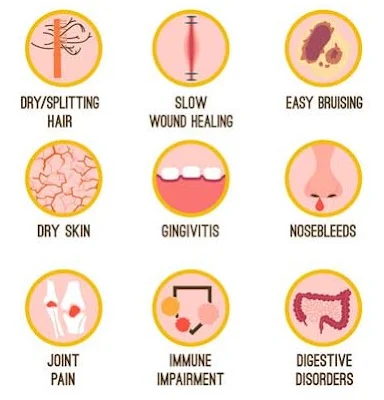Introduction:
Beetroot, with its vibrant hue and earthy flavor, has transcended from a kitchen staple to a wellness powerhouse. The consumption of beetroot juice supplements has garnered attention for its potential to benefit overall health, specifically in combating lung diseases and managing diabetes.
Let's explore the myriad health advantages offered by beetroot juice supplements:
1. Cardiovascular Health:
Beetroot juice is lauded for its potential to support heart health. Its high nitrate content converts into nitric oxide, dilating blood vessels, improving blood flow, and aiding in blood pressure regulation. Regular consumption may promote cardiovascular wellness.
2. Lung Diseases:
Studies suggest that the nitrates in beetroot juice can potentially enhance lung function and assist in managing respiratory conditions. Nitric oxide's vasodilatory properties might aid in relaxing airways, supporting individuals with lung diseases like asthma or chronic obstructive pulmonary disease (COPD).
3. Diabetes Management:
Beetroot juice contains antioxidants and compounds that could assist in managing diabetes. Its low glycemic index helps regulate blood sugar levels. Additionally, its rich antioxidant content may contribute to reducing oxidative stress, potentially benefiting individuals with diabetes.
Key Nutrients in Beetroot Juice Supplements:
Nitrates: Converted into nitric oxide, aiding in vasodilation and blood pressure regulation.
Fiber: Supports digestive health and contributes to a feeling of fullness.
Antioxidants: Compounds like betalains and vitamin C exhibit antioxidant properties, protecting cells from damage caused by free radicals.
How Beetroot Juice Benefits Overall Health:
Improved Exercise Performance: Nitric oxide production from beetroot juice may enhance endurance and exercise performance.
Potential Anti-Inflammatory Effects: The antioxidants in beetroot juice may have anti-inflammatory properties, contributing to overall health and immune function.
Enhanced Brain Function: Nitric oxide’s role in blood flow regulation could benefit cognitive function, improving mental clarity and potentially reducing the risk of dementia.
Conclusion:
Beetroot juice supplements have emerged as a natural elixir, offering a spectrum of health benefits. From cardiovascular support and potential lung health improvements to aiding in diabetes management, the compounds found in beetroot juice hold promise in enhancing overall well-being. However, it's crucial to consult healthcare professionals before incorporating beetroot juice supplements, especially for individuals with existing health conditions or on specific medications. Embracing this nutrient-packed elixir could indeed be a step towards a healthier and more vibrant life.










